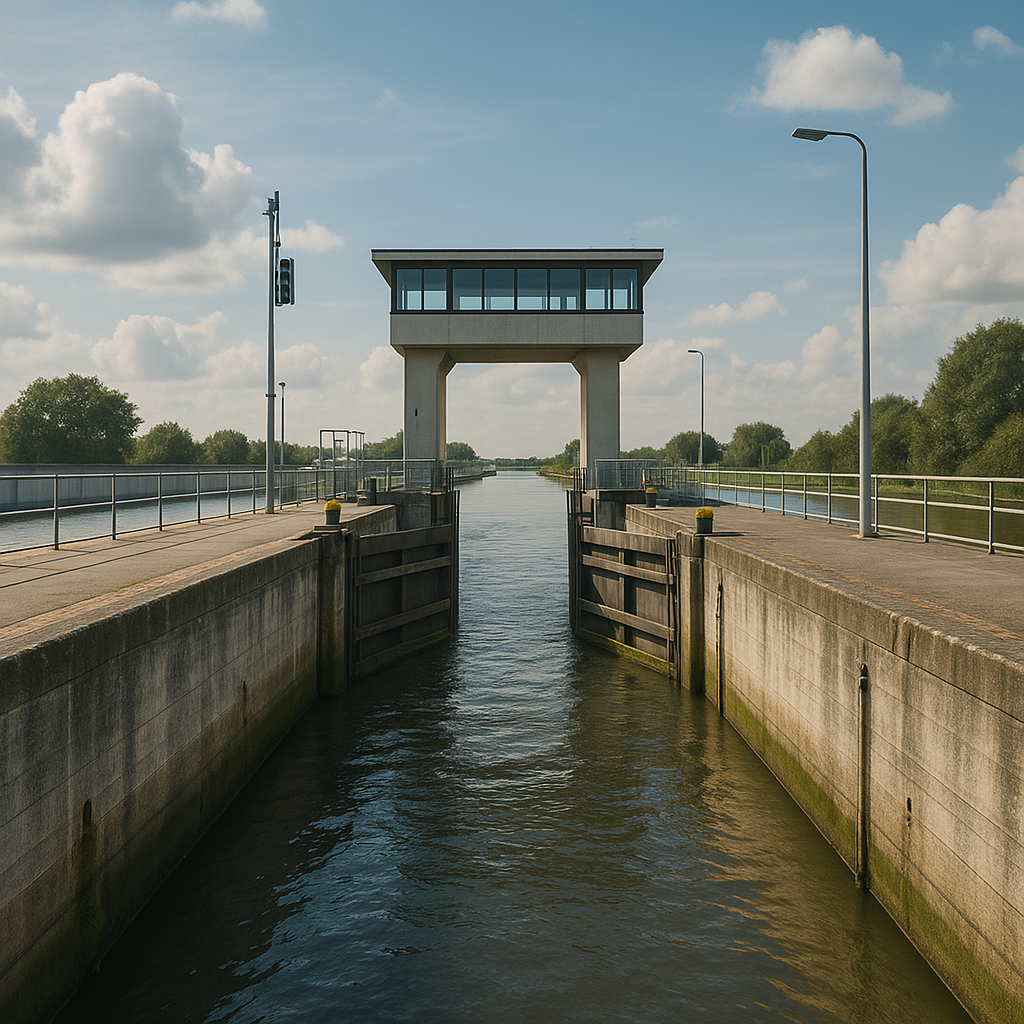Blockchain in spatial data

Blochchain in relation to the DDRD
The real estate sector is one of the largest in the world but is known for slow technological innovation. Blockchain offers significant opportunities — from more trustworthy transactions to more efficient property management processes. At the same time, there is still uncertainty about its real value and practical applicability. According to FIBREE.
Blockchain for Civil Engineering Infrastructure
What's the connection to the DDRD you could ask. Well, in civil engineering infrastructure (such as bridges, quay walls, tunnels, sluices and locks) the need for reliable and shareable data is growing rapidly. Inspection reports, sensor data, maintenance logs, and design or as-built documentation are essential for safety and asset management but are often stored in fragmented systems and difficult to verify.
The coming years (2026-) we are going to exploring how blockchain can help improve this. Similar to the developments in real estate, we see blockchain as a potential "trust layer" for asset data:
- inspection and sensor data that can be independently verified,
- fully traceable maintenance histories,
- design and revision documents that can be transferred reliably,
- agreements captured transparently through smart contracts.
Our aim is to discover, step by step, where blockchain truly adds value to the management of civil assets: reducing uncertainty, enabling better collaboration, and ensuring more durable information over the entire lifecycle of critical infrastructure.

